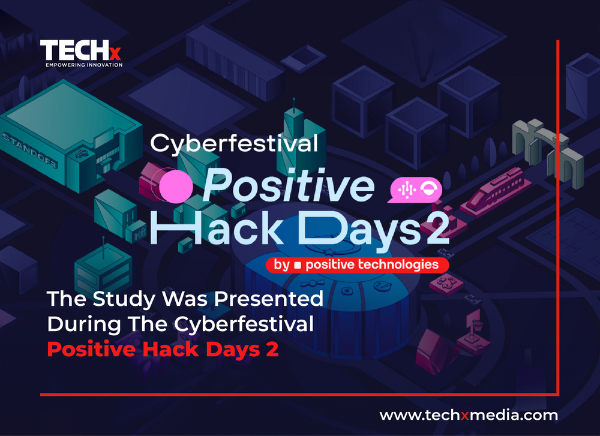
Quantum technologies are rapidly advancing, with Gartner projecting that 40% of large enterprises will adopt quantum tech and pilot projects by 2025. A 2023 McKinsey & Company report highlights a surge in investment, reaching $2.35 billion. However, this growing interest also attracts cybercriminals. Positive Technologies, in collaboration with QBoard, QApp, and the Russian Quantum Center, has released a study identifying the primary cyberthreats to quantum technologies.
Top Five Cyberthreats to Quantum Technologies
1. Physical Threats to Qubits: Quantum computers are highly sensitive to environmental factors. Attackers could exploit this by inducing denial-of-service (DoS) attacks, such as overheating quantum computers to corrupt data, exploiting their instability and sensitivity.
2. Theft of Confidential Information: The results of quantum computations are extremely valuable due to the high cost of quantum systems and their calculations. Safeguarding these results will become critical as the technology advances, heightening the cybersecurity race.
3. Software Vulnerabilities: Software designed for quantum computing is susceptible to high-severity vulnerabilities. For instance, critical vulnerabilities have been discovered in NVIDIA cuQuantum Appliance and the Quantum Development Kit library for Visual Studio Code. These vulnerabilities could lead to data leaks, hardware hijacking, and equipment disablement.
4. Threats to Cloud Quantum Computing: As cloud-based quantum solutions evolve, attackers will likely target vulnerabilities in various vendors’ solutions and IT companies providing quantum services. Common threats include misconfigurations, insecure data storage, and denial-of-service attacks, particularly affecting Quantum Computing-as-a-Service (QCaaS) infrastructures.
5. Attacks on the Quantum Internet: Similar to conventional network attacks, threats to the quantum internet aim to steal information, disrupt quantum nodes or networks, and hijack quantum connections or computational resources.
Future Implications and Post-Quantum Cryptography
The study also underscores the significance of post-quantum cryptography. The “store now, decrypt later” tactic allows attackers to decrypt stored data once powerful quantum computers become available. To mitigate this, companies are beginning to adopt post-quantum cryptography methods.
Industry Perspectives on Quantum Technology and Cybersecurity
“Quantum technologies will enter a complex development phase from 2025 to 2030, integrating with other high-tech fields like biomedical engineering, AI, and new materials,” states Yaroslav Borisov, Head of New Projects at Kvant Joint Venture, LLC. This will lead to a new high-tech industry offering market-driven solutions, including cybersecurity products and services.
Aleksey Fedorov, Head of the Science Team at the Russian Quantum Center, emphasizes the urgency of addressing potential implications: “Quantum computers pose threats to conventional cryptographic infrastructures. We must adopt quantum-resistant solutions and anticipate attack scenarios to integrate quantum computing securely into business processes.”
Cybersecurity Advancements and Future Strategies
Anton Guglya, CEO of QApp, highlights the potential of middleware and end-user software based on post-quantum algorithms to enhance cybersecurity across quantum technologies. Research into quantum key distribution is underway, aiming to create secure communication channels. Meanwhile, bug bounty programs are emerging as a promising approach to identifying vulnerabilities in quantum systems.
In conclusion, as quantum technologies rapidly advance, the cybersecurity landscape must evolve concurrently to address emerging threats and secure future innovations.